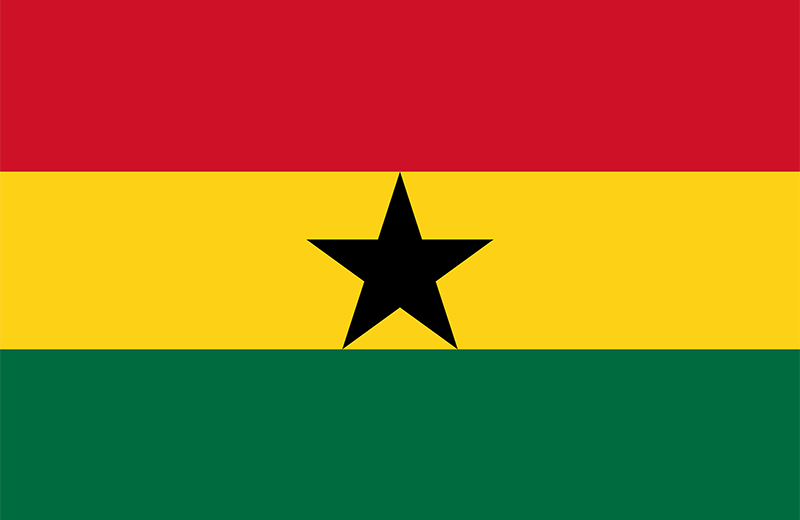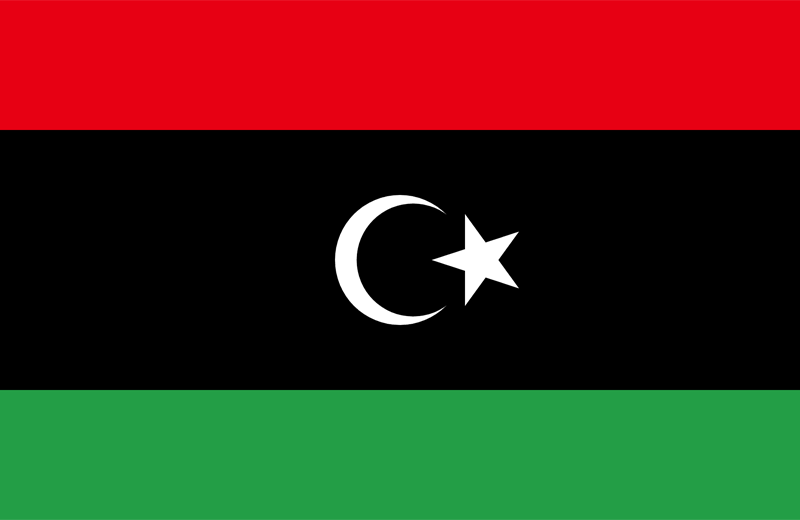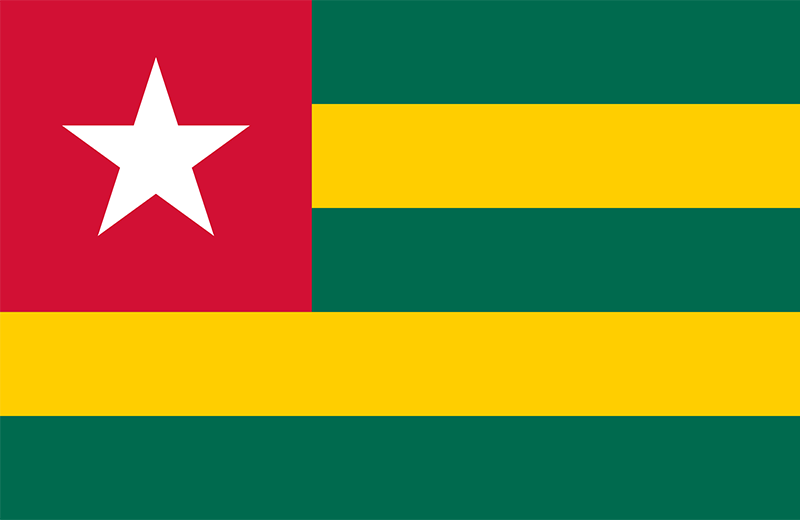Trade by Sea in Africa
According to UNCTAD’s Review of Maritime Transport 2021, which was published on November 18th, technology has the potential to make trade and transportation on the African continent simpler and more effective as the African Continental Free Trade Area (AfCFTA) is about to go into force. These patterns in marine trade may help Africa’s economy grow.
The Potential of the AfCFTA
Through the elimination of non-tariff barriers and the reduction of import tariffs, the AfCFTA agreement, which became effective in January 2021, seeks to quadruple intra-African trade. The agreement, according to UNCTAD, may boost intra-African trade by almost 33% while reducing the continent’s trade imbalance by 51%.
The continental free trade area has a significant impact on maritime transportation and service business. The study states that “The AfCFTA is projected to enhance demand for various forms of transportation, including maritime transport, which will increase investment requirements for infrastructure and equipment – ports and vessels in the case of maritime transport.
The AfCFTA emphasizes the urgent need to finance and construct sufficient transport infrastructure and services in Africa to promote marine connectivity in order to fully reap the benefits of the agreement.
With the implementation of the AfCFTA, the amount of cargo handled by ships will increase from 58 million to 132 million tons, according to an assessment by the UN Economic Commission for Africa.
The AfCFTA will, by 2030, enhance port traffic in Comoros, Gabon, Gambia, Ghana, Madagascar, Mauritius, Mozambique, Namibia, and Somalia, the report states.
Countries That Require CTN
- CNCA / ARCCLA: Angola
- BESC: Benin, Cameroon
- ECTN / URN: Burkina Faso, Republic of Congo
- ECTN: Burundi, Chad, Libya, Central African Republic, South Sudan, Togo
- FERI: Democratic Republic of the Congo
- ACID: Egypt
- BIETC: Gabon
- CTN: Ghana, Liberia, Nigeria
- ECTN / CEE: Guinea Bissau
- ECTN – ICTN: Guinea Conakry
- BSC: Ivory Coast – Cote d’Ivoire, Madagascar, Mali, Niger, Senegal
- ENS/BSC: Sierra Leone
If necessary infrastructural improvements are made, Africa’s maritime fleet is projected to increase by 188% for bulk and 180% for container goods.
- Shipping is the main means of reaching the global market even though about a third of African countries are landlocked. In Africa, ports and shipping are crucial to international trade.
- Africa’s value contributions to global trade in goods are negligible, accounting for only 2.5% of exports and 3% of imports in 2020.
- However, according to UNCTAD’s volume estimates for maritime trade, Africa accounts for a significantly larger share of the total volume of globalized marine trade.
Africa confronts a lot of challenges that prohibit it from fully contributing to the global economy, but numerous encouraging signs suggest that the continent is a sleeping giant. Factors supporting Africa on this road include its robust economic growth, demographic dividend, resources, increased investment, and funding promises tied to transportation infrastructure, particularly by China.
 Angola
Angola Benin
Benin Burkina Faso
Burkina Faso Burundi
Burundi Cameroon
Cameroon Central African R.
Central African R. Chad
Chad D. Republic of the Congo
D. Republic of the Congo Djibouti ECTN
Djibouti ECTN Egypt
Egypt Equatorial Guinea
Equatorial Guinea Gambia
Gambia Gabon
Gabon Ghana
Ghana Guinea Bissau
Guinea Bissau Guinea Conakry
Guinea Conakry Ivory Coast
Ivory Coast Republic of Congo
Republic of Congo Liberia
Liberia Libya
Libya Madagascar
Madagascar Mali
Mali Niger
Niger Nigeria
Nigeria Senegal
Senegal Sierra Leone
Sierra Leone Somalia
Somalia South Sudan
South Sudan Togo
Togo
